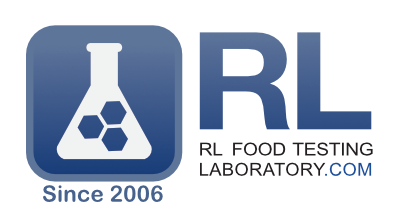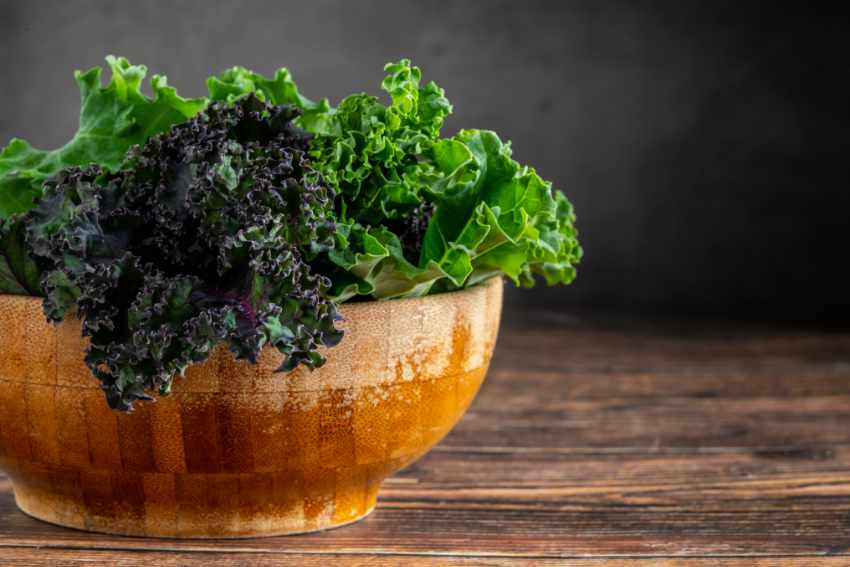Nutrients hidden in Kale
Kale has emerged as a celebrated super green, making kale chips the go-to snack for those looking for a nutritious, crunchy alternative to traditional potato chips. However, recent discussions within the food manufacturing industry and state departments of health have turned towards a less savory topic: the potential contamination of kale with thallium, a toxic heavy metal. This concern was sparked by research suggesting that kale might accumulate thallium from soil, leading to adverse health effects among consumers. It’s a wake-up call for manufacturers to prioritize food safety through rigorous testing.
The Discovery of Thallium in Kale
The conversation began with a study by molecular biologist Ernie Hubbard, who observed a correlation between the consumption of locally grown kale and the appearance of symptoms such as fatigue and brain fogginess in patients. Hubbard’s research suggested that there may be factors specific to locally grown kale that could lead to adverse health effects in some individuals. This raised concerns about the quality and safety of locally sourced produce, prompting calls for further investigation into potential contaminants or environmental influences. Although the broader scientific community has not extensively documented such cases, the implications are too significant for food manufacturers to overlook. It has also caught the attention of state departments of health who are seeing cases of thallium poisoning increase.
Understanding Thallium
Thallium, a heavy metal found in nature, serves no known beneficial purpose within the human body. Prolonged exposure to elevated levels of thallium can lead to severe health complications, including neurological and gastrointestinal issues. These health concerns have sparked worry among kale enthusiasts, who may be alarmed by the idea that their beloved leafy green could potentially contain this harmful element.
The Critical Tests
Food safety testing is an integral part of the manufacturing process. However, the potential risk of thallium contamination elevates the need for a more stringent approach. To guarantee safety, food manufacturers should implement a series of tests, including:
- Heavy Metal Analysis: Utilizing advanced techniques such as Inductively Coupled Plasma Mass Spectrometry (ICP-MS) to detect trace amounts of thallium and other heavy metals.
- Soil and Water Testing: Regularly testing the soil and water used to grow kale to identify the presence of thallium, ensuring that the source is not contributing to contamination.
- Product Sampling: Conducting random sampling of kale chips from each batch to monitor and measure the levels of potential contaminants.
- Supply Chain Audits: Verifying that all suppliers adhere to the strictest safety standards to prevent the introduction of thallium during the growing, harvesting, or manufacturing stages.
The Role of ISO-Certified Laboratories
ISO-certified laboratories are crucial partners in this endeavor. Their certification ensures that they follow internationally recognized protocols for testing, offering reliability and consistency in results. For a food manufacturer, partnering with an ISO-certified lab means ensuring that testing for heavy metals like thallium is done with the highest precision and accuracy.
Benefits of an ISO-Certified Lab:
- Reliability: ISO-certified labs offer standardized testing processes that produce reliable and repeatable results.
- Credibility: Results from these labs are globally recognized, which can bolster the credibility of your brand in international markets.
- Compliance: These labs stay updated with the latest regulatory requirements, helping manufacturers remain compliant with food safety standards.
- Consumer Trust: Demonstrating a commitment to safety through certified testing can enhance consumer confidence in your products.
Implementing a Testing Protocol
Implementing a robust testing protocol involves several steps:
- Risk Assessment: Identifying potential contaminants like thallium in the production process.
- Regular Screening: Conducting periodic tests to monitor levels of heavy metals.
- Source Analysis: Tracing the origin of contaminants to prevent future occurrences.
- Transparent Reporting: Sharing test results with stakeholders and consumers to maintain transparency.
The Payoff of Safety Measures
While the initial investment in thorough testing protocols may seem daunting, the payoff in consumer trust and brand loyalty is invaluable. The goal is to ensure that every bag of kale chips reaching a consumer is not just delicious but unequivocally safe.
The Bottom Line
Food manufacturers have a responsibility to deliver products that are safe and wholesome. In light of the potential risks associated with thallium, it is imperative to establish rigorous testing protocols in partnership with ISO-certified labs. This commitment to food safety is not just about adhering to regulations—it’s about caring for the well-being of consumers who trust in the quality of your products.







